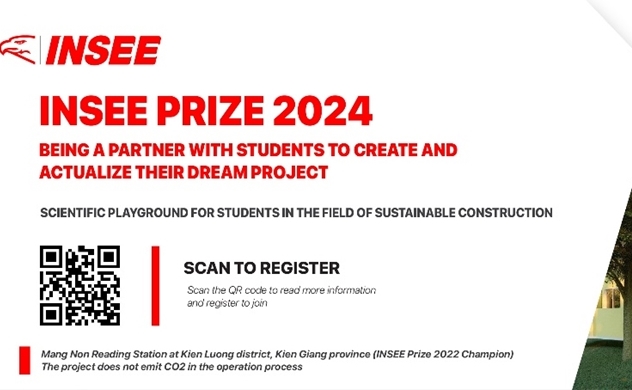Chinese automakers try their luck in Vietnam
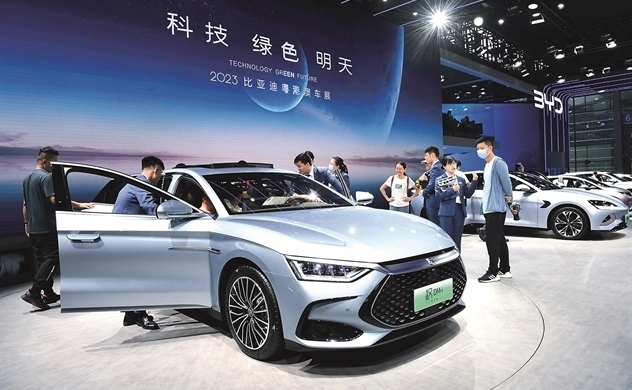
The above moves continue to show that Chinese automakers are finally expanding their way into the Vietnamese market. Photo: TL
Great Wall Motor, China's largest automaker, announced plans to join the Vietnamese market in August with the Haval H6 hybrid model and to develop an energy vehicle assembly plant here in 2025. BYD Auto Vietnam's fan page recently shared an image of the Atto 3 model with the status line "We are coming," matching with news that BYD aims to manufacture electric automobiles in Vietnam.
The above moves continue to show that Chinese automakers are finally expanding their way into the Vietnamese market. In fact, Vietnam is the 4th largest auto market in terms of sales in the Association of Southeast Asian Nations (ASEAN) region after Indonesia, Thailand, and Malaysia (according to data from the ASEAN Automobile Federation).
Vietnam is a very potential market because the demand for buying cars is very large, while the domestic auto industry has not developed strongly. On average, the market consumes about 400,000 vehicles per year. The year 2022 recorded record sales with more than 500,000 vehicles delivered to customers.
Despite the potential, the Vietnamese auto market is at a fiercely competitive stage with great advantages from Japanese and Korean automakers. From 2010 until now, automakers from Japan and Korea have always held the majority of market share in all car segments.
According to the report of the Vietnam Automobile Manufacturers Association (VAMA), in 2022 Toyota continues to hold the top position with 22% market share, Hyundai (17%), Kia (15%), Mitsubishi (10%) ), Mazda (9%), Honda (7%), Ford (7%), the remaining 13% includes all other brands, of which only a small part is Chinese brand cars.
In addition, consumers do not appreciate the quality of Chinese automakers and this is a weakness that forces many mainland automakers to leave the game soon. Chery, for example, appeared in Vietnam more than 10 years ago but then had to soon part ways because the quality and design of its cars were not well received by consumers.
Haima car company also has the same scenario, although the products are very diverse from sedans to SUVs, because the price is not attractive, it is difficult to compete with Japanese and Korean cars.
Repositioning
In the export promotion strategy, Chinese automakers will certainly have to overcome these lessons to avoid the same mistakes of 10 years ago. The market has recorded that in the past few years, there have been many models of Zotye, BAIC, or Beijing cars that have created attraction thanks to their eye-catching designs, attractive equipment, and much cheaper resale prices of 30-50% compared to competitors. the same segment from Japan or Korea.
Thanks to a good development strategy, Chinese cars are asserting their position in many global markets. Data from the Korea Automobile Manufacturers Association (KAMA) shows that China exported 994,000 vehicles in the first quarter, including 826,000 passenger cars and 168,000 commercial vehicles. Thereby, China has won the throne from the hands of Japanese automakers.
Deloitte's report "The Leap from Overseas to Globalization: The Second Growth Curve for Chinese OEMs" by Deloitte points out the success formula of the Chinese auto industry. It is the country's automakers that have made the transition over the past decade from a "product export" focused approach to "value chain globalization". That is, companies are exploring foreign markets through the full value chain, including R&D, manufacturing, logistics, and transportation or automotive finance. Different strategic products are developed and adapted to different markets.
This positive signal makes Chery the first brand to return to Vietnam market and mark this return with 2 brands OMODA and Chery. In particular, the company sells cars in the form of locally assembled cars by cooperating with Vietnamese partners to build factories. Meanwhile, Haima chooses a distributor CarVivu in Vietnam to open for sale 3 models including Haima 8S, 7X and 7X-E in the second half of 2023.
Despite the eye-catching design, the quality and after-sales policy is still what worries many Vietnamese users. These will also be barriers that Chinese automakers must overcome for their return to Vietnam.
In this regard, answering the press, Mr. Tocy Tang, General Director of Chery Vietnam, said that before entering the Southeast Asian market, including Vietnam, Chery had all passed strict standards. America and Europe, so the quality is always guaranteed. Chery's warranty policy for complete vehicles is 5 years or 150,000 km.
New ambition
This is also the reason why SAIC Vietnam, a subsidiary of SAIC Motor (Shanghai Automotive Industry Group), is confident in its ambition to achieve sales of 100,000 vehicles per year, to be in the Top 3 in the Vietnamese market. This company has officially distributed MG (Morris Garages) cars in the Vietnam market since July 1. Mr. Tran Nam Thang, Sales and Marketing Director of SAIC Vietnam, said: “SAIC will realize its goal by diversifying MG's product lines in Vietnam, including vehicles with internal combustion engines. and electric cars”.
The return of Chinese automakers is also marked by electric vehicles that are becoming increasingly popular in many markets. In Southeast Asia, the trend of strongly promoting carbon emissions reduction in transportation is creating great opportunities for Chinese auto companies. “Chinese brands are starting the electric car race. Consumers want to buy smart four-wheelers, and traditional automakers are having a hard time getting up to speed,” said Bill Russo, former Chrysler CEO.
Notably, Chinese car brands such as BYD, Haima, Chery, Wuling... about to be sold in Vietnam will all have competitive electric vehicle products in many segments. In addition, Vietnamese customers have the option of electric cars with the cheapest prices in the market such as Zhidou A01, Wuling Hongguang. Among the MG models revealed is also a mini electric car called MG Comet EV.
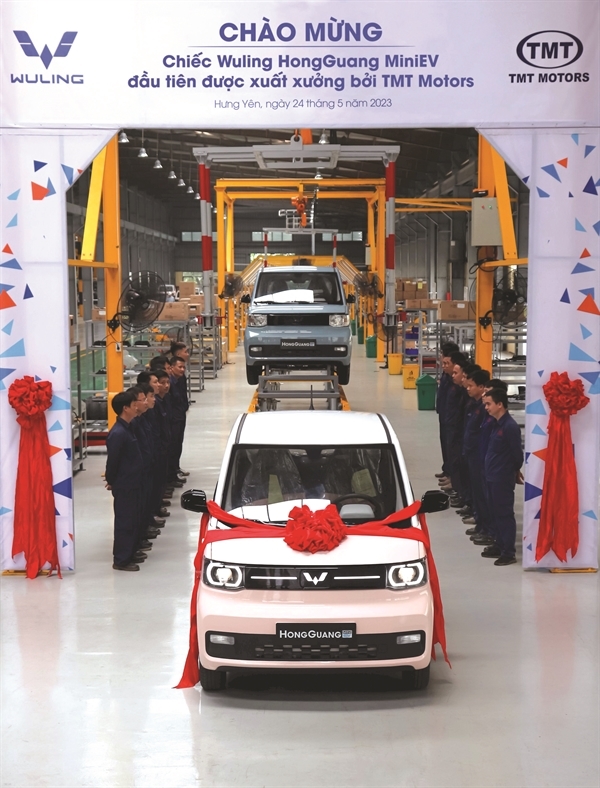 |
| Notably, Chinese car brands such as BYD, Haima, Chery, Wuling... about to be sold in Vietnam will all have competitive electric vehicle products in many segments. Photo: TL |
It is important to know that Wuling Hongguang Mini EV is China's best-selling electric car model with sales reaching more than 550,000 units by 2022. Therefore, the representative of this car company is very confident when bringing the Wuling Hongguang Mini EV line to be assembled in China. TMT's Cuu Long automobile factory is located in Van Lam, Hung Yen. At the end of June 2023, the program to launch this mini electric car model attracted the attention of many customers with a selling price of about VND250 million.
Meanwhile, Mr. Wang Chuanfu, Chairman of BYD, expressed his hope that Vietnam will create favorable conditions for the company to complete investment procedures and quickly start producing electric vehicles. These vehicles will be sold in Vietnam and other countries in Southeast Asia. BYD, China's largest electric vehicle brand, is building its first overseas production base in Thailand with a capacity of 150,000 vehicles per year.
In addition, they are also considering setting up a factory in another Southeast Asian country such as the Philippines or Indonesia. Like many other Chinese automakers, BYD believes that they have many opportunities to change the market when the age of access to cars in Vietnam is younger, preferring new technology trends faster.
However, according to industry experts, the low-cost advantage of Chinese electric vehicles has not yet overshadowed the barrier of lack of infrastructure system, not only dealers, maintenance facilities, and charging stations. This is the advantage of the VinFast electric car line of billionaire Pham Nhat Vuong.
As soon as Wuling Hongguang Mini EV was released, VinFast VF 3 also appeared, targeting first-time car buyers or those who need a compact and affordable car model that is accessible to the majority of people. Besides, with the current demand and economic situation, it is difficult to expect that purchasing power will also be an obstacle to the penetration of Chinese automakers.
Same category news
-
Huyền Hoàng
-
Thanh Hang
Latest news
-
Vân Nguyễn
-
Huyen Hoang

 TIẾNG VIỆT
TIẾNG VIỆT 

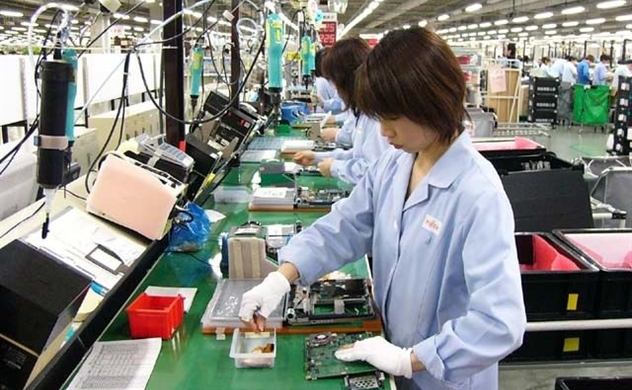
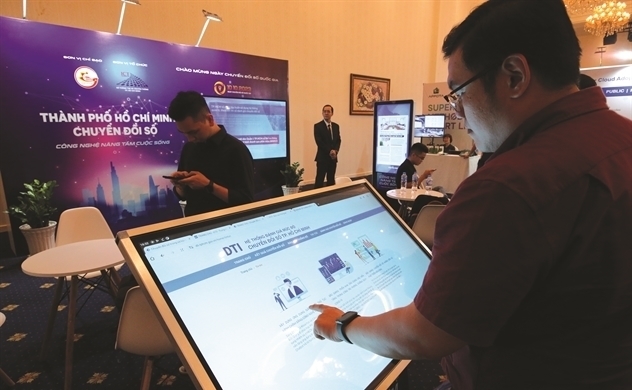
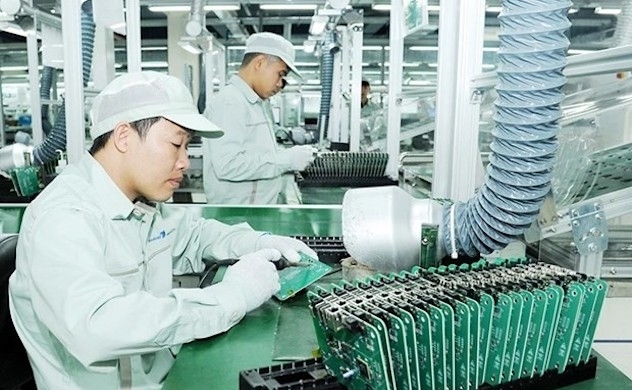
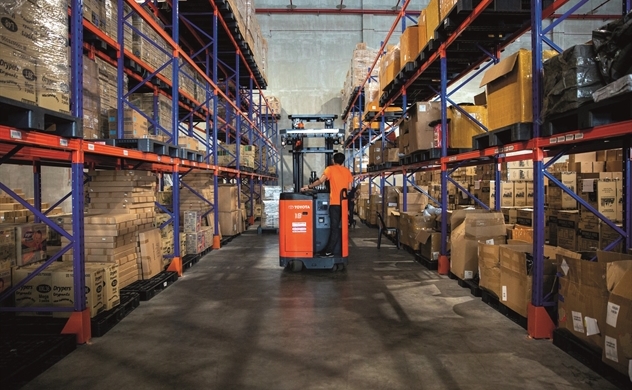





_291615658.jpg)
